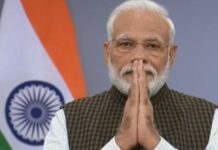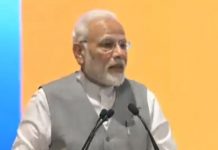The Supreme Court has once again come to the rescue of the freedom of press. It has observed that the role of the press in a democratic society is crucial for it shines a light on the functioning of the state. The restriction on the freedom of the Press would only pose grave dangers to democracy. Divergent or critical views on government policies could not be termed “anti-establishment”. Citing a threat to national security without any factual basis amounts to imposing unreasonable restrictions that will have ‘a chilling effect on press freedom’.
The ruling came as a breath of fresh air when the Supreme Court quashed a ban on MediaOne channel and observed that criticism of government policy does not constitute a “reasonable restriction” under Article 19(2) of the Constitution. The court also disapproved of the filing of “sealed cover” reports in courts calling it a violation of the principles of ‘natural and open justice’. In this case, justification for banning MediaOne was not provided on the basis that doing so would jeopardise national security. Instead, the supporting evidence was provided to the court in a sealed cover, with the result that the media house did not know what to contest. The court observed that the entire procedure in every case must be marked by transparency and accountability, right from the probe to the submission of evidence. The court went a step further and “unsealed” the “sealed cover” that “covered” the government’s justification for banning MediaOne, and found it wanting.
It is hoped that the Supreme Court judgment will embolden the media to speak the whole truth! In a democracy, the independence of the press matters most because a free press uncovers the truth. A free press is vital for the robust functioning of a democratic republic and the press has a duty to speak truth to enable citizens to make informed choices and to serve as a watchdog on power to make it accountable to the people.
In another related development, the Indian Newspaper Society has asked the Centre to withdraw the IT Rules amendment notified on April 6, stating that it would have the effect of the government or its designated agency enjoying “absolute” and “arbitrary” power to determine what was fake or not in respect of its own work, and order its takedown from internet platforms. The Editors Guild of India too said it was “deeply disturbed” by the amendments to the Information Technology Rules which give sweeping powers to the IT Ministry to determine what is “fake or false or misleading”, with respect to any business of the Central Government. The Editors Guild has asked the government to withdraw the Information Technology (Intermediary Guidelines and Digital Media Ethics Code) Amendment Rules arguing that these are against the principles of natural justice, and akin to censorship!













